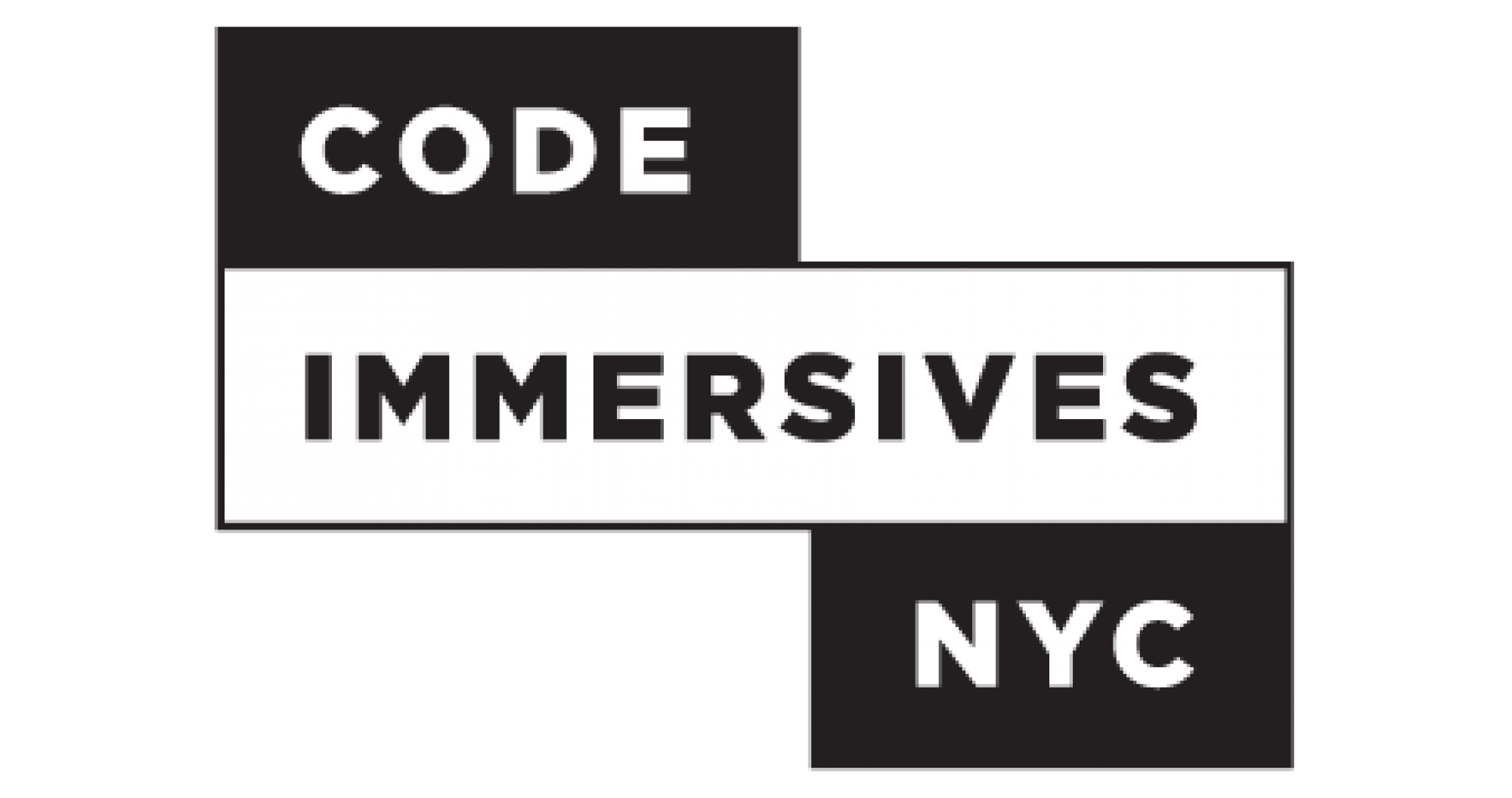Front End Developers are responsible for the user experience including gathering input and displaying output.
Module 2: Front End Development, 170 hours
Students will learn front end design and development while furthering the development of their skills in more complex JavaScript frameworks that let them add more interactivity to their applications. They will implement well-documented APIs and learn how to interact efficiently with a database. By the end of this module, students will have an understanding of:
- Intermediate HTML and CSS
- Intermediate JavaScript
- Introductory Ruby and Rails
- Introductory SQL
- Introductory Postgres, Angular.js, Jquery, Node.js, Python, Django, Couchdb, Heroku
- Test driven design
- Event Driven Programming
- GitHub: working with source control on teams
Books: Extensive online material will be leveraged throughout this module such as online tutorials and YouTube videos and that shift as new resources become available. However, two physical books will be leveraged:
- HTML & CSS by Jon Duckett
- JavaScript & JQuery by Jon Duckett
(Module 2 is made up of 30 Class sessions and 27 Lab sessions)
C1: Intro to next Module
C2: Intermediate HTML and CSS
- HTML and CSS refresher
- Headings, Paragraphs, Layout refresher
C3: Intermediate HTML and CSS: Styling
- Color names
- Color Values
- Color Shades
L1: assignment using HTML and CSS intermediate styling skills
C4: Intermediate HTML and CSS
- Media
- Audio
L2: Adding media to an HTML site part 1
C5: Intermediate HTML and CSS: Media and Graphics
- Video
- Plug-ins
- YouTube with HTML
- Media Gallery CSS styling
L3: Adding media to an HTML site part 2
C6: Intermediate HTML and CSS: Media and Graphics continued
- Coding your media gallery
- Texts, Shadows, Gradient, Colors, Fonts
- 2D and 3D transforms
- Transitions
L4: Styling your media presentation on a site
Session7: Intermediate JavaScript
- JavaScript refresher
- Comments, Variables, Operators
L5: Intermediate JavaScript assignment – using comments
C8: Intermediate JavaScript
- Scope
- Events
- String, String Methods
- Numbers, Number Methods
L6: Intermediate JavaScript assignment – event and numbers
C9: Intermediate JavaScript
- Math
- Dates, Date Formats, Date Methods
L7: Intermediate JavaScript assignment – dates and date methods
C10: Intermediate JavaScript
- Arrays
- Array Methods
- Booleans
- Comparisons
- Conditions
L8: Intermediate JavaScript assignment – comparisons and conditions
C11: Intermediate JavaScript
- Switch
- Loop For, Loop While
L9: Intermediate JavaScript assignment – looping
C12: Introductory Ruby and Rails
- Application overview
- Creating static pages
- Layout
L10: Ruby and Rails assignment on creating layout
C13: Introductory Ruby and Rails
- Modeling users
- Sign up
- Creating Log in and Log outs
L11: Ruby and Rails assignments in log in and log outs
C14: Introductory Ruby and Rails
- Updating, showing and deleting users
L12: Ruby and Rails assignment in user applications
C15: Introductory Ruby and Rails
- Account activation and password reset
L13: Ruby and Rails assignment in activating and resetting passwords
C16: Introductory Ruby and Rails
- User microposts
- Following users and user data
L14: Ruby and Rails users and user data and microposts
C17: Introductory SQL
- Introduction to SQL and databases
- Syntax
L15: Assignment in SQL intro
C18: Introductory SQL
- Forms
- First normal form
- Second normal form
- Third normal form
L16: SQL forms assignment
C19: Introductory SQL
- MS SQL Server
- MS Access
L17: SQL MS Access and Server assignment
C20: Introductory SQL
- Data types and Numbers
L18: SQL data assignment
C21: Introductory Postgres, Angular.js
- Theory, use and purpose and origin of IPostgres and Angular.js
L19: Experiment with Postgres and Angular.js
C22: Introductory Jquery, Node.js
- Theory, use and purpose and origin of Jquery and Node.js
L20: Experiment with Jquery and Node.js
C23: Introductory Python, Django
- Theory, use and purpose and origin of Python and Django
- Basic examples
L21: Experiment with Python and Django
C24: Introductory Couchdb, Heroku
- Theory, use and purpose and origin of Couchdb and Heroku
L22: Experiment with Couchdb and Heroku
C25: Event Driven Programming
- Advantages of working in an event driven programming setting
- Introduction to Event Driven Programming in class exercise
- Brainstorming topic ideas
L23: Event Driven Programming – in class exercise continued
C26: Event Driven Programming – in class exercise continued
L24: Event Driven Programming – in class exercise continued
C27: Event Driven Programming
- Presentation and critique of work completed in the past few class sessions
